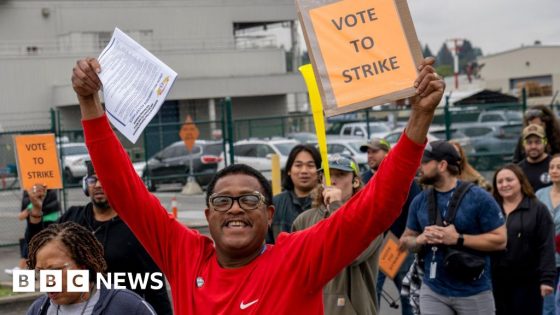The Supreme Court handed a win to Republicans Thursday by restoring a voting law in Arizona requiring proof of citizenship with state voter registration forms.
The restoration came in a 5–4 decision, with liberals Sonia Sotomayor, Elena Kagan, and Ketanji Brown Jackson dissenting along with conservative Amy Coney Barrett. But the rest of the court’s conservative justices handed Republicans a win.
Still, the court at least denied another GOP request, which was to reinstate an Arizona law that would throw out ballots if the voters didn’t provide proof of citizenship, even if they registered via a federal form, which doesn’t require proof.
The legal challenges were brought to the court by the Republican National Committee, which made an emergency request. The Justice Department sued over the second provision, arguing that it conflicted with federal law. The Democratic National Committee argued that both provisions are unconstitutional, and also violate a 2018 consent decree.
Republicans seem to be going all in on the false idea that massive numbers of noncitizens are voting illegally thanks to lax requirements for identification while voting or registering to vote, and keep repeating the claim without any proof. Several Republicans have been peddling the claim for years, and many mentioned it in their speeches at the Republican National Convention last month. Not only is it included in the party platform, but House Speaker Mike Johnson has used poorly sourced information to propose a bill to supposedly fight it.
By making these requirements more stringent, they think Democrats won’t be able to cheat. Of course, there’s no such cheating going on, but it will make voting more difficult for low-income citizens.
This new ruling not only gives the false claim more legitimacy, but it appears to be blatant intervention by the Supreme Court to try and help Republicans get favorable results in Arizona, a state that Democrats flipped in 2020. Republicans are looking for every advantage they can get in 2024, but without the actual work of convincing voters.
Source Agencies



